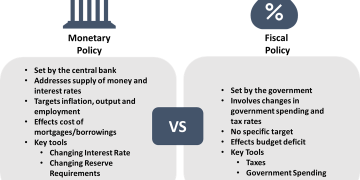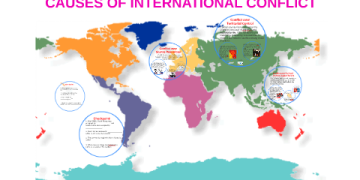Introduction: Cyber Conflicts as Geopolitical Tools
In the 21st century, cyber warfare has evolved from the work of individual hackers into a powerful instrument of statecraft. While hacktivists once sought to expose corruption or push ideological agendas, nation-states now deploy cyber operations as part of broader geopolitical strategies. These operations target critical infrastructure, elections, financial systems, and public opinion.
This article examines cyber warfare through a geopolitical lens, tracing the evolution from hacktivism to state-sponsored attacks, and analyzing how cyber power reshapes international relations.
1. Hacktivism and the Birth of Cyber Resistance
1.1 Origins of Hacktivism
- Groups like Anonymous used cyberattacks as political protest.
- Motivations included anti-corporate activism, government transparency, and digital freedom.
1.2 Impact and Limitations
- Successful in drawing attention to issues, but lacked long-term geopolitical influence.
2. State-Sponsored Cyber Operations: Expanding the Battlefield
2.1 Russia
- Cyberattacks complement hybrid warfare strategies.
- Ukraine conflict demonstrated use of malware and disinformation as tools of war.
2.2 China
- Focuses on intellectual property theft, long-term strategic advantage, and controlling domestic cyberspace.
- Invests heavily in cyber capabilities as part of broader technological competition with the U.S.
2.3 United States
- Develops both defensive and offensive tools.
- Cyber strategy linked to maintaining global leadership and protecting allies.

3. Cyber Geopolitics and Global Power Balance
3.1 Cyber Sovereignty vs. Cyber Freedom
- China and Russia promote digital sovereignty, controlling information within borders.
- The U.S. and allies promote an open, free internet.
3.2 Cyber Alliances
- NATO, EU, and other organizations recognize cyber defense as part of collective security.
- Joint exercises and information-sharing enhance preparedness.
4. Case Studies of Cyber Geopolitics
- 2016 U.S. Elections: Russian interference via hacking and disinformation campaigns.
- North Korea’s Cyber Theft: Massive bank hacks and cryptocurrency heists fund regime survival.
- Middle East Conflicts: Israel and Iran engage in reciprocal cyber sabotage.
5. The Future of Geopolitical Cyber Conflict
- Norms and Laws: International law struggles to define cyber aggression.
- Cyber Deterrence: Will states respond with kinetic force to digital attacks?
- Weaponized Information: Blurring the line between propaganda and cyber sabotage.
Conclusion: Cyber Power as the New Geopolitical Currency
From hacktivism to state-sponsored operations, cyber warfare has become a central element of 21st-century geopolitics. States wield cyber power to protect interests, project influence, and destabilize rivals. The balance of power will increasingly depend not only on military might but also on digital resilience and offensive cyber capacity.
















































